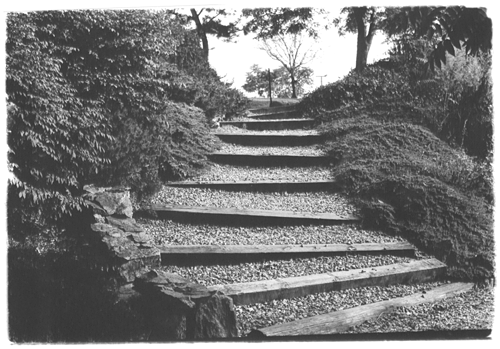All Nonfiction
- Bullying
- Books
- Academic
- Author Interviews
- Celebrity interviews
- College Articles
- College Essays
- Educator of the Year
- Heroes
- Interviews
- Memoir
- Personal Experience
- Sports
- Travel & Culture
All Opinions
- Bullying
- Current Events / Politics
- Discrimination
- Drugs / Alcohol / Smoking
- Entertainment / Celebrities
- Environment
- Love / Relationships
- Movies / Music / TV
- Pop Culture / Trends
- School / College
- Social Issues / Civics
- Spirituality / Religion
- Sports / Hobbies
All Hot Topics
- Bullying
- Community Service
- Environment
- Health
- Letters to the Editor
- Pride & Prejudice
- What Matters
- Back
Summer Guide
- Program Links
- Program Reviews
- Back
College Guide
- College Links
- College Reviews
- College Essays
- College Articles
- Back
Fighting for the Good Life
As a 6-year-old kid, I imagined a future deprived of problems and filled with delight. My worst hardship was screwing up my cartwheel in our “Kindergarten Circus.” However, I didn’t know that the ties between maturity and responsibly would soon constrict me. By junior high, I decided that this strain would strangle me throughout my education and career, tightening with age like a relentless boa constrictor. Yet when I watched other students’ lives, they seemed immune! I could only glare, arms crossed, with jealousy. They did not concern themselves with school or work, only entertainment and fun. While I worked on my tedious vocabulary homework, they would be out seeing Pirates of the Carribean. It was completely unfair! Suddenly, I visualized two choices: Stress now or stress later. Why should I ever choose work over fun? However, my conscience countered with the Socratic method, asking “Why wait?”
In highschool, I experienced an epiphany: Stress will kill me. Waiting to face the stress often leads to worse consequences. It will exponentially grow larger and more critical, resulting in anger, depression, and even death. Therefore, I choose to handle the strain of tedious logarithmic equations, confusing organelle worksheets, frustrating literature-based essays, and Civil War cramming night after night. To deal with this, I try to spend time away from the stress. I exercise, communicate with friends, and distract myself.
Even though exercising doesn’t put my body in a good mood, it puts my mind at ease. For example, throughout ninth grade I ran a variety of long-distances for my junior high school. At the start of the 3200 meter, I normally start strong and find my place behind the leaders of the pack. I try to follow close, pushing the ambitious girls to go faster and gradually drain their energy throughout the race. Near the end, the other runners are usually breathing loudly and pouring sweat. On the last curve of the track, my body and mind fight for the last push. My mind wins as I convert any remaining strength into a long sprint on the last straight of the track. This sprint combines contradictory feelings into one strange mixture, leading to numb legs and unawareness. It’s similar to a dreamlike state; all of my senses dilute or withdraw completely. By the finish-line, my vision is splotchy, my head spins, and all I want is to die in a pool of ice-cold water. However, after a few minutes of nauseating recovery, I experience an unsuspected wave of pride and zeal. But what if I did not battle my body for the last sprint? Instead of celebrating at the finish-line, I would be beating myself with disappointment of surrendering to my body. It would haunt me until the next race, and affect my next performance. By choosing to face the struggle early-on, I don’t have to worry about the outcome.
Talking to my older sisters gives me an advantage over stress. Both Shannon and Kody experienced similar schedules, so they tell me what to expect and supply me with vital tools and weapons. One corner of my room is piled with the old pre calculous notes, English essays and Spanish tests that they have been handing down to me. By demanding Shannon to edit my Jacksonian essay and pestering Kody with my diffusion lab report, I save myself from a lot of tedious thinking. My learning is organized, and I am not scrambling for study-tools. I know to neither delay my complex-numbers homework for pre calculous until the night before a test, nor become completely satisfied with a draft of my English essay, diluting the stress and weakening its choke hold.
Eventually, my stress will completely end. It may be gradual, or could be in one day, but it will happen. However, I worry about those who chose to stress later. It’s possible that they will scramble over the stress at their work for the rest of their lives, while I calmly retire in a 2-story home in some foreign paradise. They’ll regret their decision, and wish that they could change the past. Sometimes, I do regret my decision, like at 1:00am when I can’t take any more Industrial Revolution notes because my hand won’t stop cramping. However, I know that after college, I will be grateful that I chose the harder-looking path, because even though one path may look easier, it doesn’t mean it won’t end in a cliff.

Similar Articles
JOIN THE DISCUSSION
This article has 0 comments.
